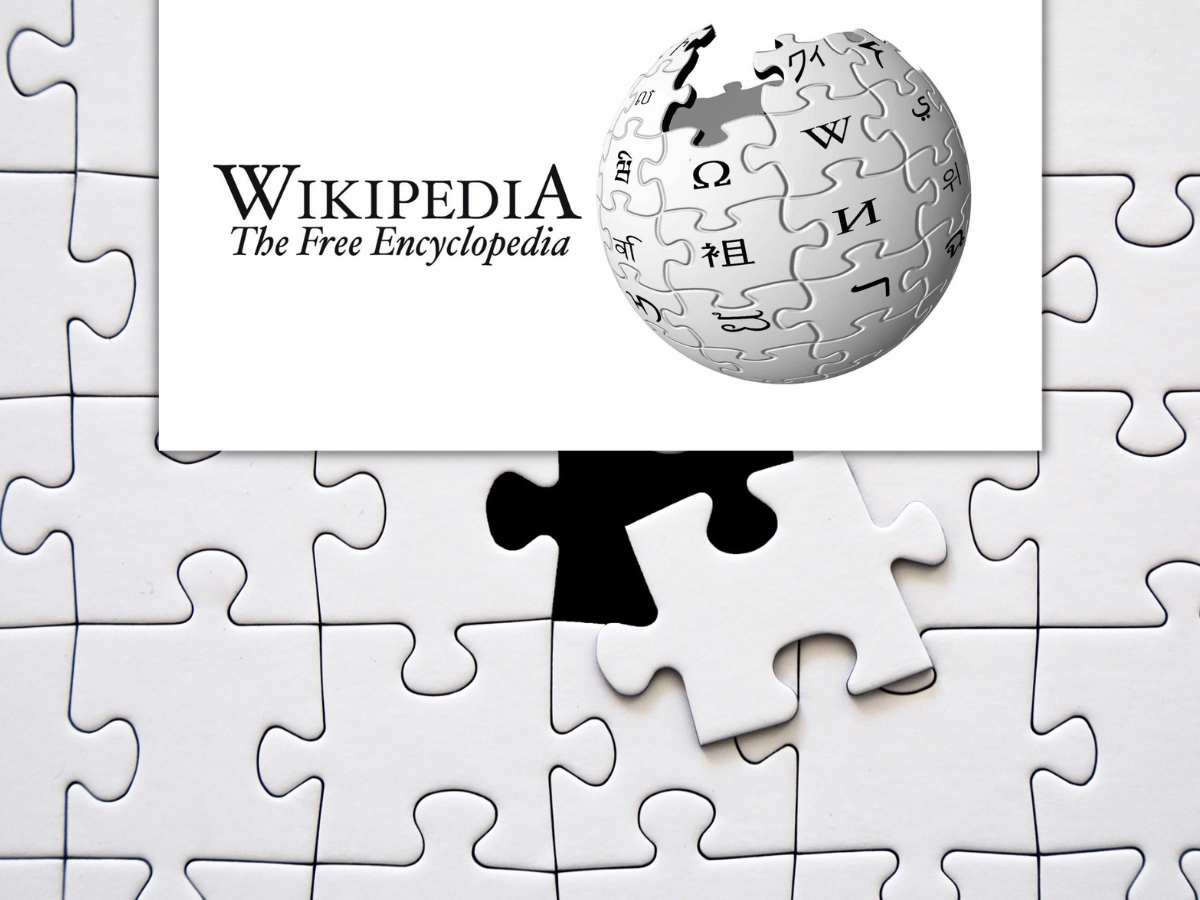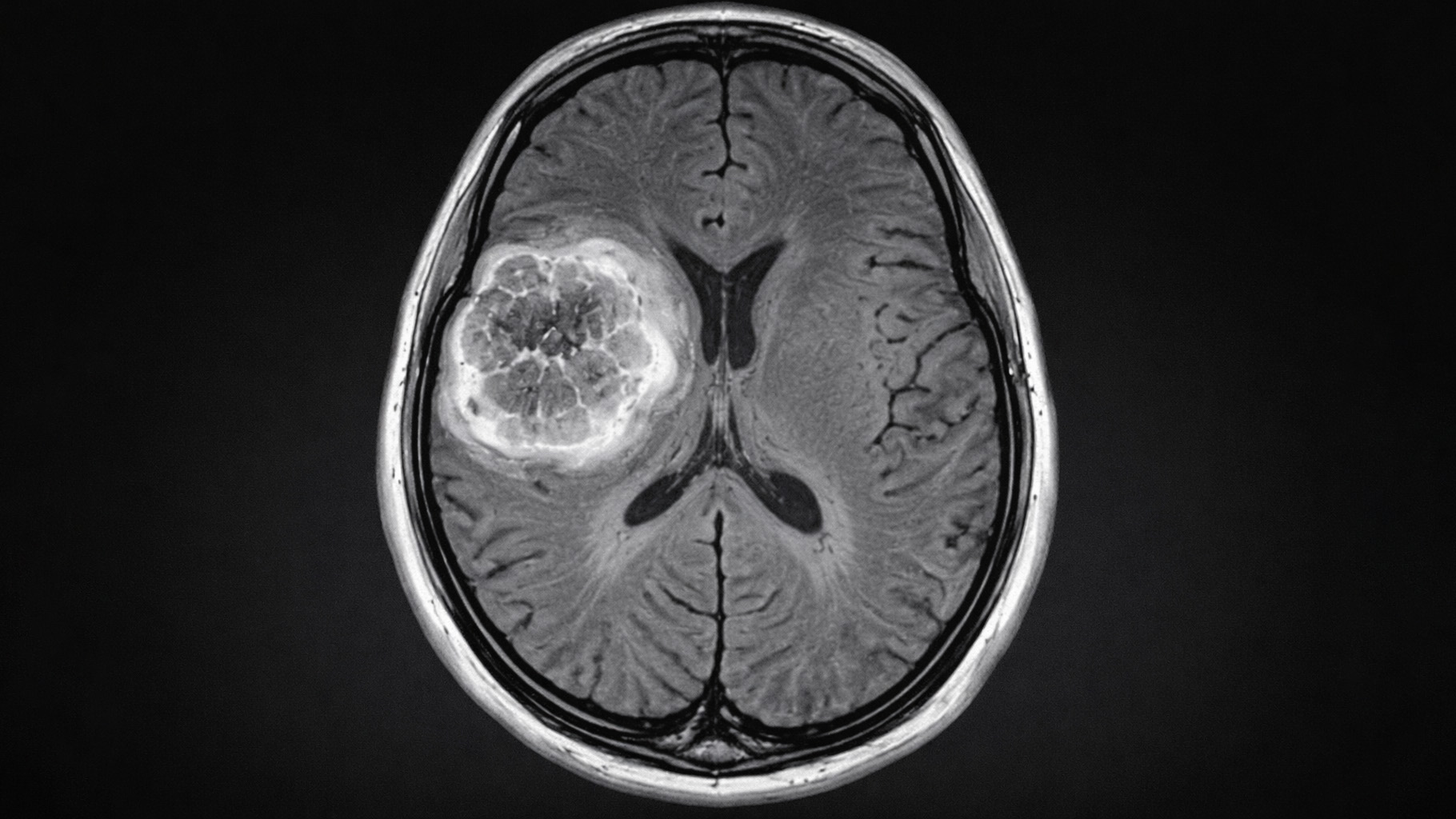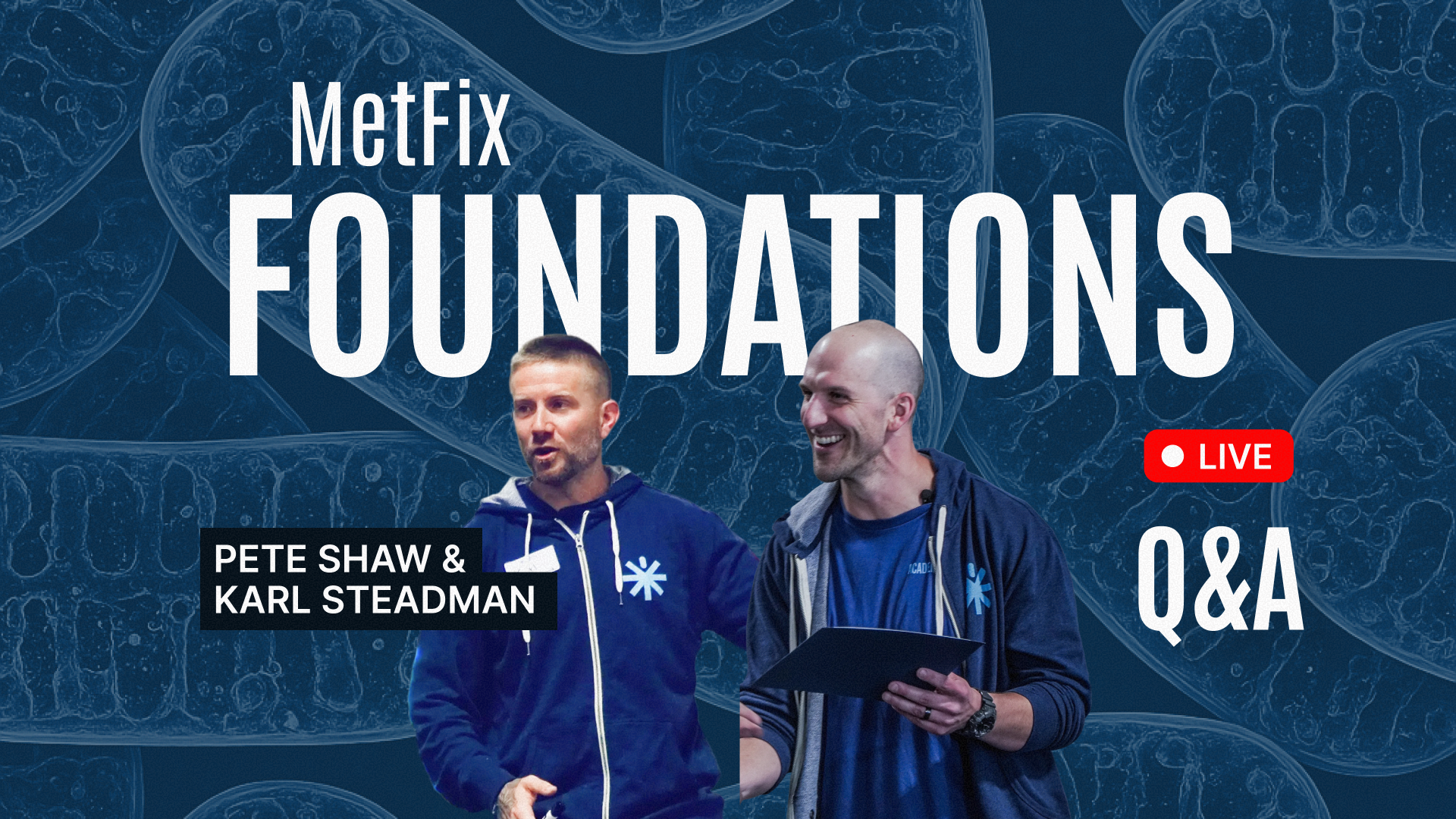Scientific misconduct is the violation of the standard codes of scholarly conduct and ethical behavior in the publication of professional scientific research. A Lancet review on Handling of Scientific Misconduct in Scandinavian countries provides the following sample definitions,[1] reproduced in The COPE report 1999:[2]
Danish definition: “Intention or gross negligence leading to fabrication of the scientific message or a false credit or emphasis given to a scientist”
Swedish definition: “Intention[al] distortion of the research process by fabrication of data, text, hypothesis, or methods from another researcher’s manuscript form or publication; or distortion of the research process in other ways.”
The consequences of scientific misconduct can be damaging for perpetrators and journal audience[3][4] and for any individual who exposes it.[5] In addition there are public health implications attached to the promotion of medical or other interventions based on false or fabricated research findings.
Three percent of the 3,475 research institutions that report to the US Department of Health and Human Services’ Office of Research Integrity, indicate some form of scientific misconduct.[6] However the ORI will only investigate allegations of impropriety where research was funded by federal grants. They routinely monitor such research publications for red flags and their investigation is subject to a statute of limitations. Other private organizations like the Committee of Medical Journal Editors (COJE) can only police their own members.[7]
The validity of the methods and results of scientific papers are often scrutinized in journal clubs. In this venue, members can decide amongst themselves with the help of peers if a scientific paper’s ethical standards are met.
Let's start with the truth!
Support the Broken Science Initiative.
Subscribe today →
recent posts
And more evidence that victory isn’t defined by survival or quality of life
The brain is built on fat—so why are we afraid to eat it?
Q&A session with MetFix Head of Education Pete Shaw and Academy staff Karl Steadman



